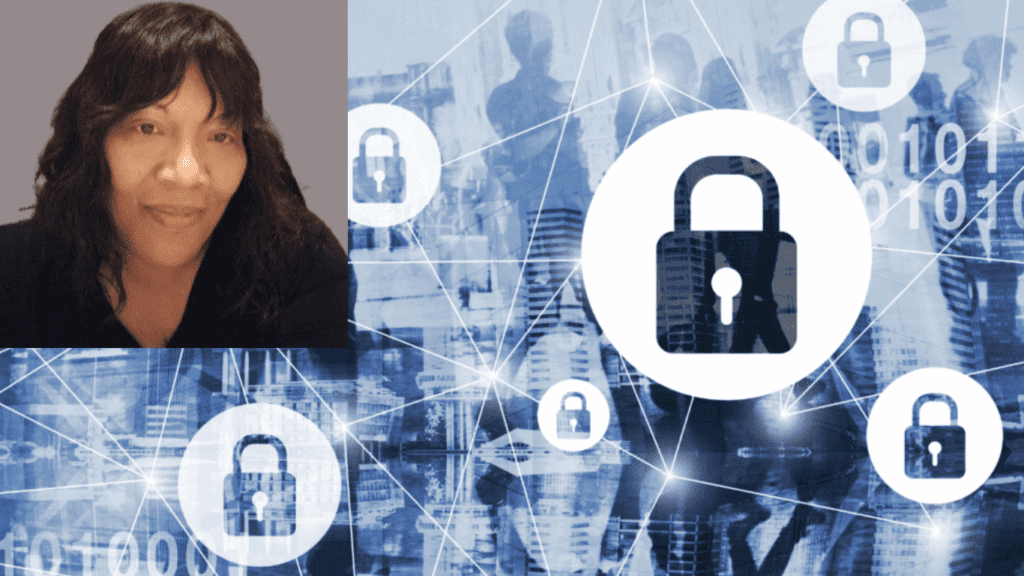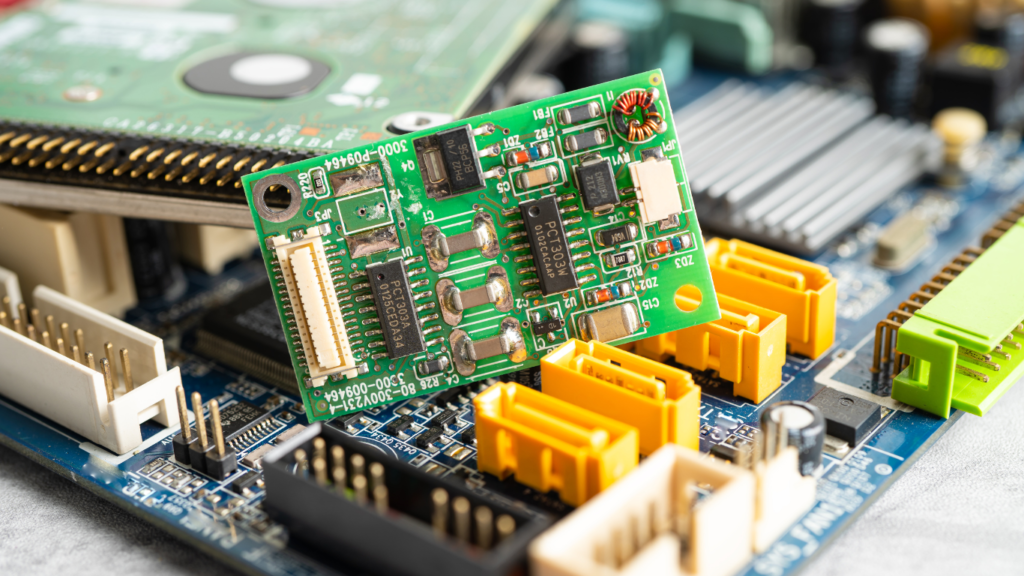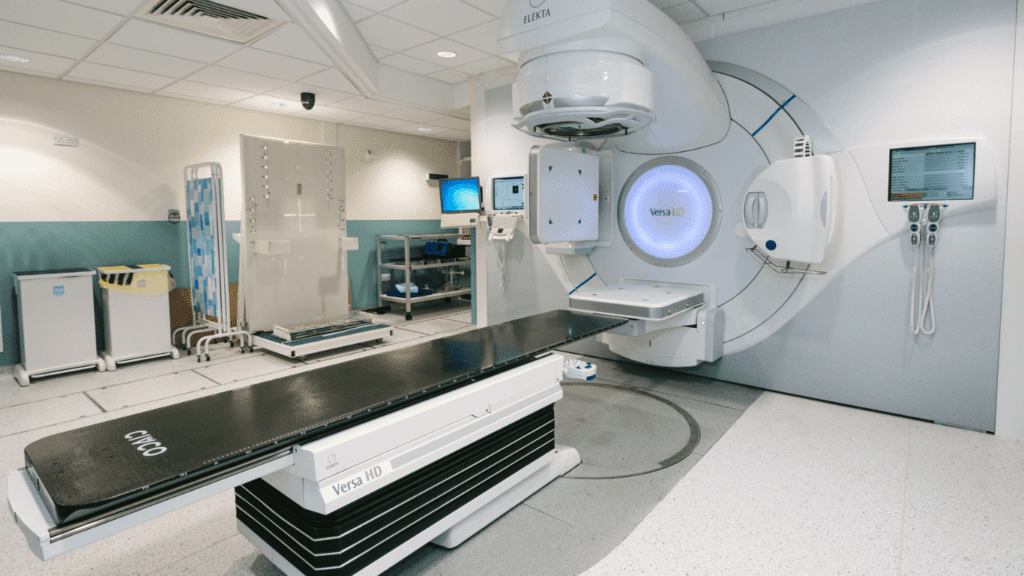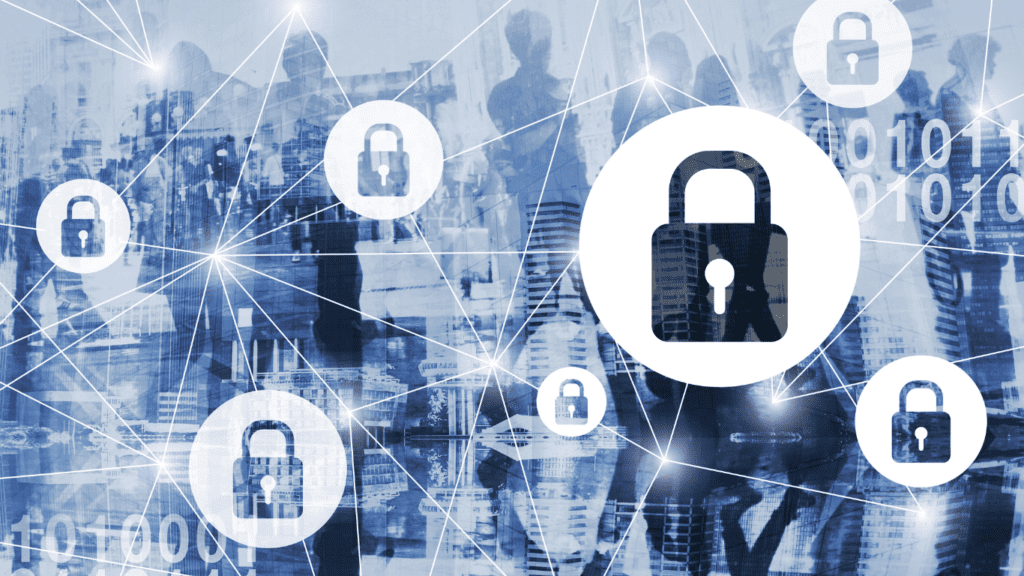Medical Device Cybersecurity Consultant
Almetha Ford Medical Devices Cybersecurity Consultant for Tata Consultancy Services discusses her 20 years of biomedical engineering and medical device experience
Almetha (Rogers) Ford is a highly experienced professional with a proven track record in medical device cybersecurity. She also has over 20 years of biomedical engineering and medical device assessment expertise, combined with 10 years of experience in medical device integration to EHR (Electronic Health Record) and healthcare vendor applications.
Almetha is a Cybersecurity Consultant for Tata Consultancy Services and is based in Philadelphia in the United States.
In this article, Almetha discusses her experience and career in the medical industry as well as the challenges which cybersecurity brings.


Background
What came first for you – an interest in engineering, or an interest in medical technologies?
I was the oldest of three girls, and started babysitting when I was 9.
“If you’re happy, I’m happy” and taking care for others was engrained in me and was what I had been raised (brought up) to do. That’s why I started training as a nurse.
“If you’re happy, I’m happy, and how can I make it better.”
Biomedical Engineering
How did you decide to move from nursing to biomedical engineering?
It was a fluke and perhaps destiny.
Originally, I was studying nursing and was going to be an RN (Registered Nurse). Then, because of personal circumstances as well as the changes in nursing qualifications at that time; I changed my direction and decided to get into computers and started studying microprocessors and programming. At that time to obtain a degree in computers was not by fixing or networking but by programming. I studied electronics and learnt how to programme microprocessor chips. Then at the Community College where I was studying, someone suggested that I could also study Biomedical Engineering using some of my transferable nursing courses. So, I became a double major student and ended up with two associate degrees.
What sort of transition was this for you?
This was an easy transition for me. Because of my nursing studies I already had subjects like microbiology and anatomy which were needed to start studying Biomedical Engineering.
Were there other women studying with you?
My classes started out with about 15 men and 4 women, and I was the only woman to make it through to the end and gain employment.
I was lucky because I was partnered with someone who became my lifetime mentor. She was not only the first woman Biomedical Engineer in Philadelphia but also the first black woman.
Has there been a particular person who has inspired you?
Gail Robinson, my mentor mentioned above, trained me as a Biomedical Engineer. She still is an inspiration and my supporter.
Fixing people, equipment, systems – is fixing things a theme in your life?
Yes, I think it has been. I like to make things right and to help people.


Move from Biomed to Clinical Engineering
How did this move help you?
I was learning things like processes, standards, regulations, and doing inspections. This has really helped me as it enabled me to understand the bigger picture. To understand the real “WHY” I was doing what I was doing and how it connects with the whole healthcare infrastructure.
How did it help you teach other Biomeds?
Being a Clinical Engineer helped me understand what Biomeds need to understand in order to really connect with their customers (nurses, doctors, and management), to improve their effectiveness in their jobs. I understood what and why we needed to document various things for regulatory requirements and quality and compliance.
I enjoyed the work. However, there were very few paths to management as a Clinical Engineer.
So, I moved to being a supervisor and could then teach. The theme to what I taught my Biomeds was:
“Here’s why you’re here, this is why you are doing this, and this is how it is all connected.”
Everything makes sense when you understand the bigger picture. As a Biomed, understanding the bigger picture improves relationships and allows you to anticipate the needs of medical staff and management. You become more integral in the beginnings of strategising future patient care needs, and not an afterthought.
I was training them so that they could replace me when I moved on. I believe that:
“You grow your people; you mentor your people.”


Women in engineering and technology
What has it been like being a woman in engineering and technology?
It was hard in the field as a woman. I had to work twice as hard being a woman of colour.
What is your advice to other women?
I always asked the question – “Why not?” for new opportunities and have taught my children to do the same thing. So, this is the advice I would give.
“Why not turn your cannots into cans and your dreams into plans? It’s the ‘why nots’ in life that open the door to possibilities and turn the ordinary into extraordinary!”
Things have changed but is it 50-50 men and women in the workforce yet?
No, it’s not but it is changing. For things to change, two things need to happen.
Firstly, the mindset of the leadership needs to change to be more accepting of women leading and managing in the field of Biomedical/Clinical Engineers.
Secondly, promoting qualified women into leadership positions so that they can represent and inspire other women to join one of the best kept secret positions in the healthcare organization.
What else is changing the mix?
Biomed is such an unknown career field that there is a shortage and so that in itself is promoting the increase in hiring women.
Are people still surprised when a woman engineer arrives?
Yes, some still are and especially people who are older and who were expecting the stereotype – a man.
Mentoring
Has this been a theme in your life?
Yes, people have always asked me how I got to a certain position, and I have answered, advised, and encouraged.
For example, I mentored my administrative assistant and suggested that she move forward with her career. She had a bachelor’s degree and had 10 plus years of administrative work in the biomedical office. She did move forward, and now has a job where she is using her degree.
“I want people to challenge themselves and to realise that the only people who limit them are themselves.”


Motivation
What has been your motivation?
My kids have been my motivation as I wanted them to feel they could be anything they wanted to be. Any assistance I’ve had, I made sure it did not go to waste and used it as a tool to get to the next step.
Management and Team Leading
How easy was it to move to managing engineers?
For me, it was difficult and that was a contributing reason I moved positions from company to company. While securing a position is certainly a positive step, it doesn’t necessarily equate to being fully embraced or accepted.
Healthcare Information Systems
How did you move into Healthcare Information Systems, and how did it connect with what you had already done?
I worked for Thomas Jefferson Hospital so could go to Thomas Jefferson University without fees, and there I got a degree in Healthcare Information Systems.
I would advise anyone that if a job offers you tuition reimbursement, then USE IT. It is part of your employment compensation and part of what your company sees as your worth, like your salary. Don’t leave it on the table.
I didn’t use my degree immediately but then as devices started becoming more interconnected, I was in a niche position as I could understand the Biomed side and the IT side.
Biomed to IT
After a while I moved over completely to the IT side. After all I had started out wanting to work with computers, and so years later, things came full circle.
I was hired as I understood the medical equipment and IT and so could help with medical device integration.
Biomed to IT or IT to Biomed
Can a Biomedical Engineer easily transfer into IT?
I would hire a Biomed and could teach them to understand IT in 6 months, but it wouldn’t work the other way around. That’s because to be a Biomed you need to understand a range of subjects, biology, electronics, anatomy, pump systems etc. So, anyone moving from IT would have so much more to learn.


Cybersecurity
How did you move into cyber security?
We started getting vulnerability scans and I was the best fit to start dealing with and managing them.
I started working through processes and became the representative of the application support clinical side at meetings to address vulnerability scans and how to manage them. This was new to the IT team too.
I wanted to learn more about this and so it was back to studying for another degree in Industrial cyber security as well as project management.
Why did you choose cyber security for industrial controls?
It made more sense for me because healthcare devices will always be legacy. This is because they take time to build, they have to go through regulations, software is revised and changed every year etc.
Medical device manufacturer
What was the key experience which you gained here?
Working for a medical device manufacturer I could now see what was on the other side of the wall😊. I could see what they are challenged with and what is required as they work through evolving cybersecurity requirements for medical devices.
Cyber Security Consultant


At present you are working through Tata for a major medical device manufacture.
What exactly does your job involve?
We’re looking at a variety of things:
Risk Assessments
GAP Assessments
Incident Response Plans
Customer Facing documentation.
There are lots of pieces to put together.
Doing this has given me more of a perspective on the processes of change for major medical device manufacturers.
Why are changes needed to cope with cybersecurity?
Manufacturers are used to working in the way they did before there was the need for cybersecurity. So, now everything needs to be looked at differently, through an additional lens that was not in scope at the time the device was designed. This requires more detailed information that may not have been previously documented.
What is happening with the documentation and why is it a challenge?
Documentation was written when cybersecurity wasn’t an issue so now it all needs to be updated.
The documentation has changed and has gone from a couple of questions to pages of questions. Reporting has become increasingly granular. For example, before the documentation just said:
“An embedded system.”
Now we need to know exactly what components are in the embedded system.
Another example is the firewall specifics. In the past firewalls were set up by an engineer not by someone who knew about cyber security. So, it only had minimum specifics, now much more is needed.
Cyber hygiene
To what extent must cyber hygiene be regarded as a basic and essential component of a functioning medical system?
My job is to go back, not to recreate the wheel but to investigate how it was built. Then I put the pieces of the puzzle together and work out the fix.
In an era where technology and digitization have revolutionized healthcare, protecting sensitive data is critical. Patient records, hospital databases, and telemedicine platforms contain information that, if compromised, can severely affect patient trust and treatment efficacy. That’s why cyber hygiene isn’t merely a desirable feature but an absolute necessity. It’s akin to the heartbeat of the medical system—vital for its survival and efficient functioning.
Medical Engineers and cyber security


How much should any biomedical engineer know about cyber security?
Cyber security is now affecting all of us everywhere, so we all need to understand the basics and how to protect ourselves.
I think all Biomeds need basic understanding because they are managing equipment. How can you manage equipment if you don’t know how to keep it safe and what the vulnerabilities are.
Future


What is next for you?
I am launching a career centre for people wanting to transition to or start a career in cyber security. It’s a one stop shop for information using AI tools.
The next thing after that will be a course on medical device cybersecurity aimed at all medical people not just Biomedical Engineers.
Further Reading
Others involved in medical engineering share their experience.


Responses